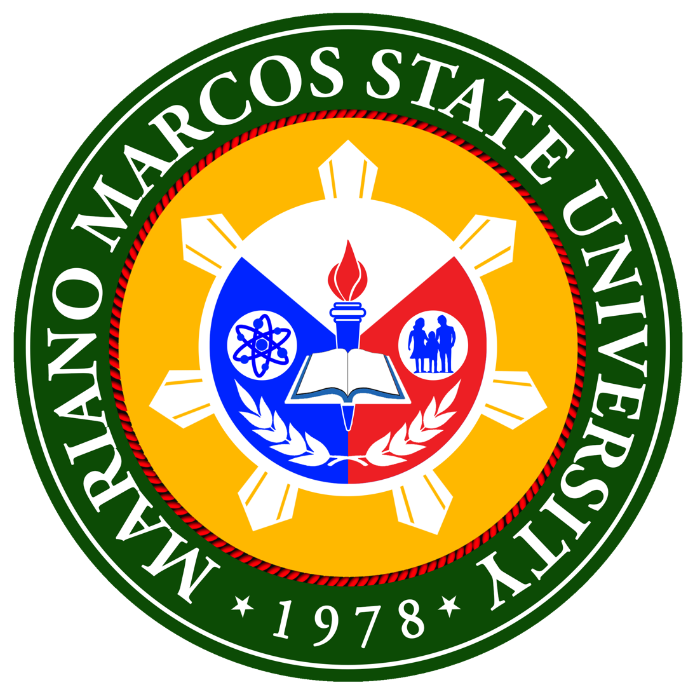US school, MMSU to apply micro-campus model
By JOHN VINCENT B. TORIBIO
The University of Arizona (UA) in the United States has started exploring the possible application of a micro-campus model in the Mariano Marcos State University (MMSU) in order to work out a joint venture of offering UA’s credit online courses with an MMSU on-campus experience.
In an online meeting on Thursday (Philippine time) between the two universities, MMSU officials, led by University President Shirley C. Agrupis; and Mr. Brent White, UA’s provost of international education, agreed to pursue the UA’s American Degree Pathway Program with MMSU, which would serve as its micro-campus here in the Philippines.
MMSU President Shirley C. Agrupis said that under the agreement, the MMSU students would be in ‘flipped classrooms’ where they would watch UA faculty delivering lectures online and will apply their learning in in-person classes to be facilitated by MMSU faculty.
In this set-up, students shall maintain their full student status at MMSU while enrolled in for-credit UA courses.
Through this program, first year students at MMSU will be given an opportunity to earn up to two years of direct undergraduate credits from UA. Aspiring students shall take UA’s admission procedures with these requirements -- demonstration of English proficiency and a general weighted average of 2.5 in high school.
During the meeting, White stressed that this partnership “will allow Filipino students to access low-cost online course from UA while having a feel of an on-campus community in MMSU.”
In this partnership, the UA will provide MMSU the following: a discounted course pricing accessible to Filipino students; 26 top-ranked Arizona online degree programs such as accounting, engineering, social sciences, hard sciences, professors to teach the online courses; academic advising and support; MMSU faculty’s access to their Center for English as a Second Language (CESL) Endorsement Pathway; and, Official University of Arizona transcript to students who will successfully complete the courses.
Their program will also allow students to transfer to their main campus in Tucson, Arizona or to another US university.
Meanwhile, MMSU would provide UA the following: faculty to serve as UA’s global lecturers in teaching in-person courses to the students; students’ access to the campus and its facilities; high-speed internet connection; exam proctors and tutors; marketing and recruitment efforts; and, housing facilities for the students.
A possibility of offering a double degree program was also discussed during the meeting. For instance, students can take courses from both MMSU and UA, simultaneously, during their course of study.
Further, this collaboration will enable the faculty from both institutions to collaborate for joint research and grant proposals.
Dr. Agrupis said this is a great cooperation between MMSU and a reputable American university “which allows us to continually globalize our faculty and students.”
She crystallized that this, through the External Linkages and Partnerships office, will further elevate the global presence of the University.
Joining her in the meeting were Dr. Prima Fe R. Franco, vice president for academic affairs; Engr. Ami Ruth R. Cocson, vice president for administration and finance; Dr. Mee Jay A. Domingo, director for external linkages and partnerships; and, Dr. Virgilio Julius P. Manzano, dean of graduate school.
At present, the UA has two operational micro-campuses and 11 are still being arranged with other partner universities.
When materialized, the MMSU will be the university in the country with micro-campus in the UA. (StratCom)
Written By:
Administrator
Other News
Ret. Justice Carpio-Morales funds scholarship program for MMSU students
2 MMSU profs receive BSU-CVM Young Veterinarian Achiever Award
MMSU Vet Med prof recognized for contributions in marine mammal protection
MMSU-CTE hosts SUCTEA Regional Conference
100% success of MMSU nursing and physician board examinees feted in testimonial rites

